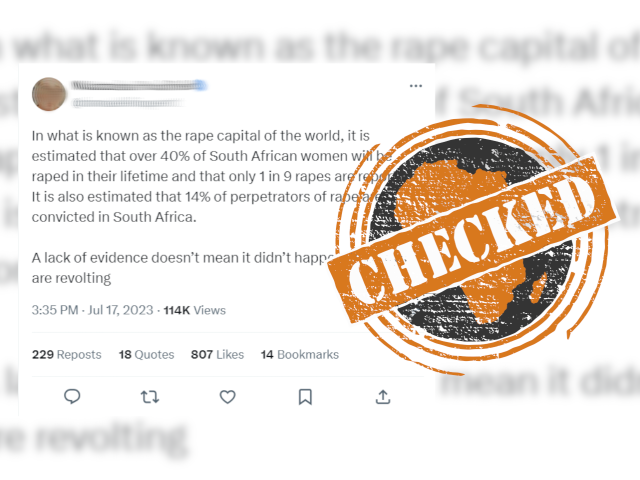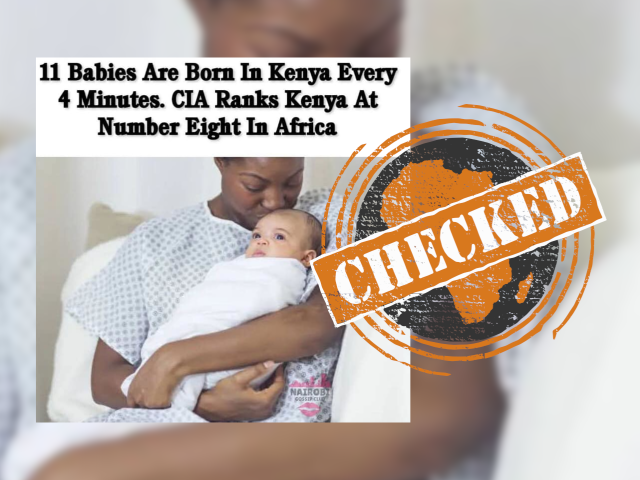IN SHORT: Mobile money platform, OPay, says customers should follow its verified social media accounts for any promotions and giveaways. This message doing the rounds on Facebook and WhatsApp impersonating the mobile money platform should be ignored.
A message circulating on Facebook and WhatsApp in Nigeria claims that OPay is giving away data in celebration of its fifth birthday.
One Facebook post, dated 16 September 2023, reads: “OPAY 5 YEARS ANNIVERSARY GIVEAWAY PRICE (10GB) VALID FOR ALL NETWORK. Visit the link below and enter your Mobile Number and you will receive 10GB instantly.”
OPay is a mobile money platform headquartered in Nigeria and has over 40 million customers.
But is OPay giving away data to celebrate five years of existence? We checked.

OPay anniversary competition
Africa Check found OPay’s official Facebook page. It has over 420,000 followers and is verified by Meta.
From July to August, OPay ran a competition to celebrate its fifth anniversary.
Customers were required to answer a few questions to win. However, the company did not specify what the prizes were. One customer said they won a “cash prize”.
OPay previously urged customers to follow its verified social media accounts for competitions: “All giveaways, promotions and news updates are communicated through our verified channels only.”
Beware of engagement bait posts
We attempted to claim the promised data by clicking on the link attached to the Facebook post. We were required to enter our mobile number and service provider.
After entering a fake number, we were told that we qualified for the data. But there was a catch. We had to share the website with five groups or 15 friends on WhatsApp.
This is a tactic known as engagement bait. These are posts that require users to engage by commenting, sharing and liking. This increases their reach and drives traffic to the website. But in the end, there is no reward.
For more tips on how to protect yourself against online scams, read our guide to Facebook scams and how to spot them.
Republish our content for free
For publishers: what to do if your post is rated false
A fact-checker has rated your Facebook or Instagram post as “false”, “altered”, “partly false” or “missing context”. This could have serious consequences. What do you do?
Click on our guide for the steps you should follow.
Publishers guideAfrica Check teams up with Facebook
Africa Check is a partner in Meta's third-party fact-checking programme to help stop the spread of false information on social media.
The content we rate as “false” will be downgraded on Facebook and Instagram. This means fewer people will see it.
You can also help identify false information on Facebook. This guide explains how.





Add new comment